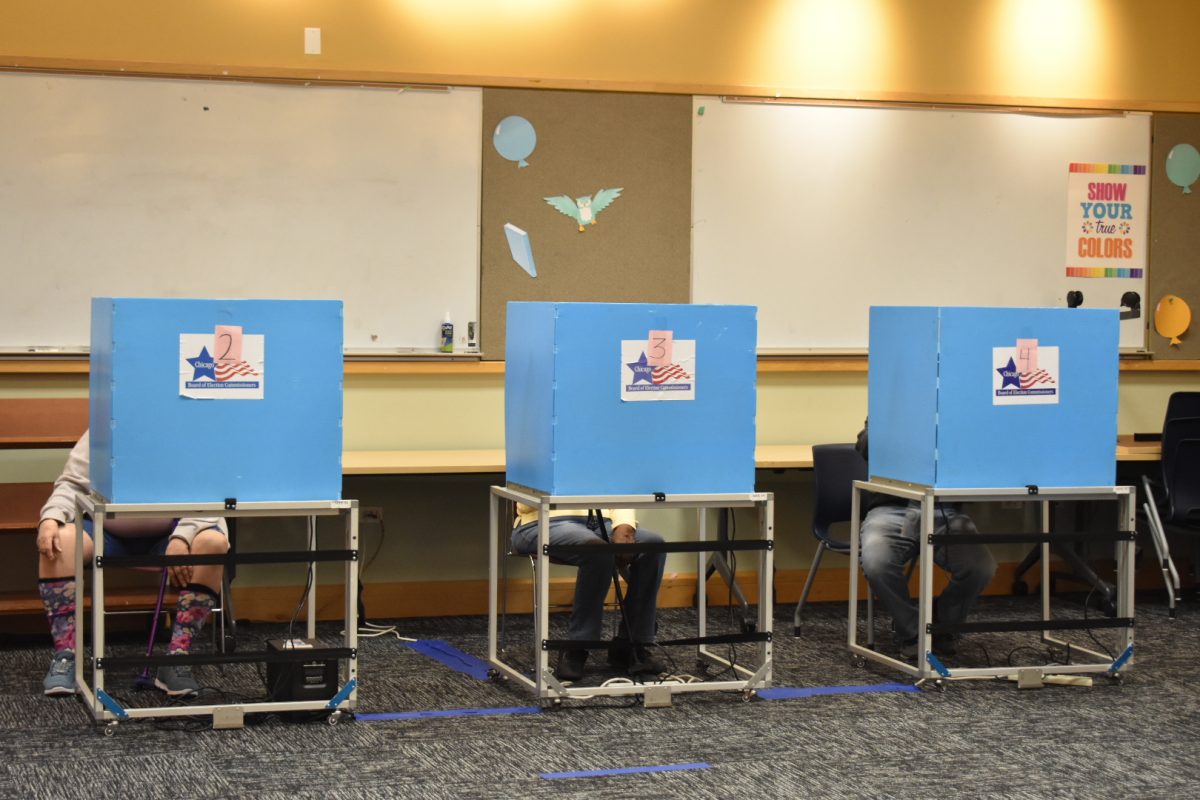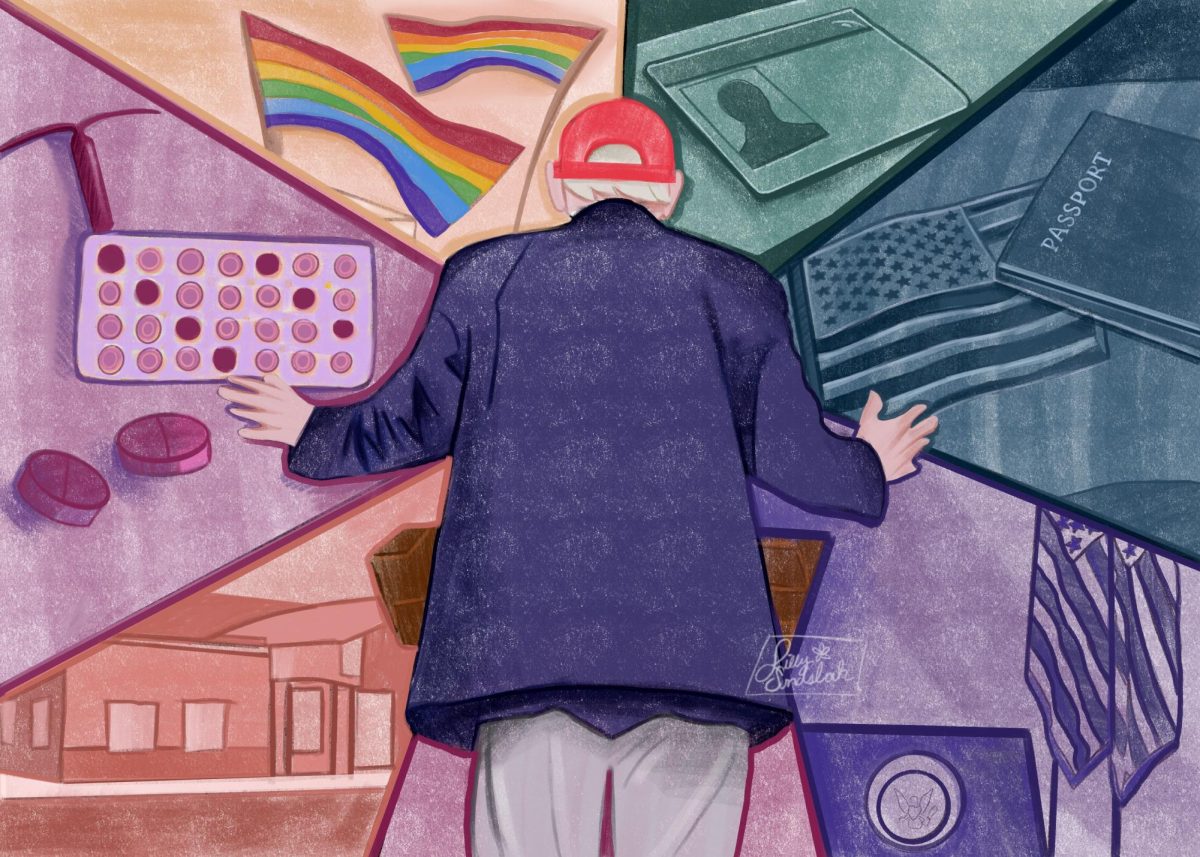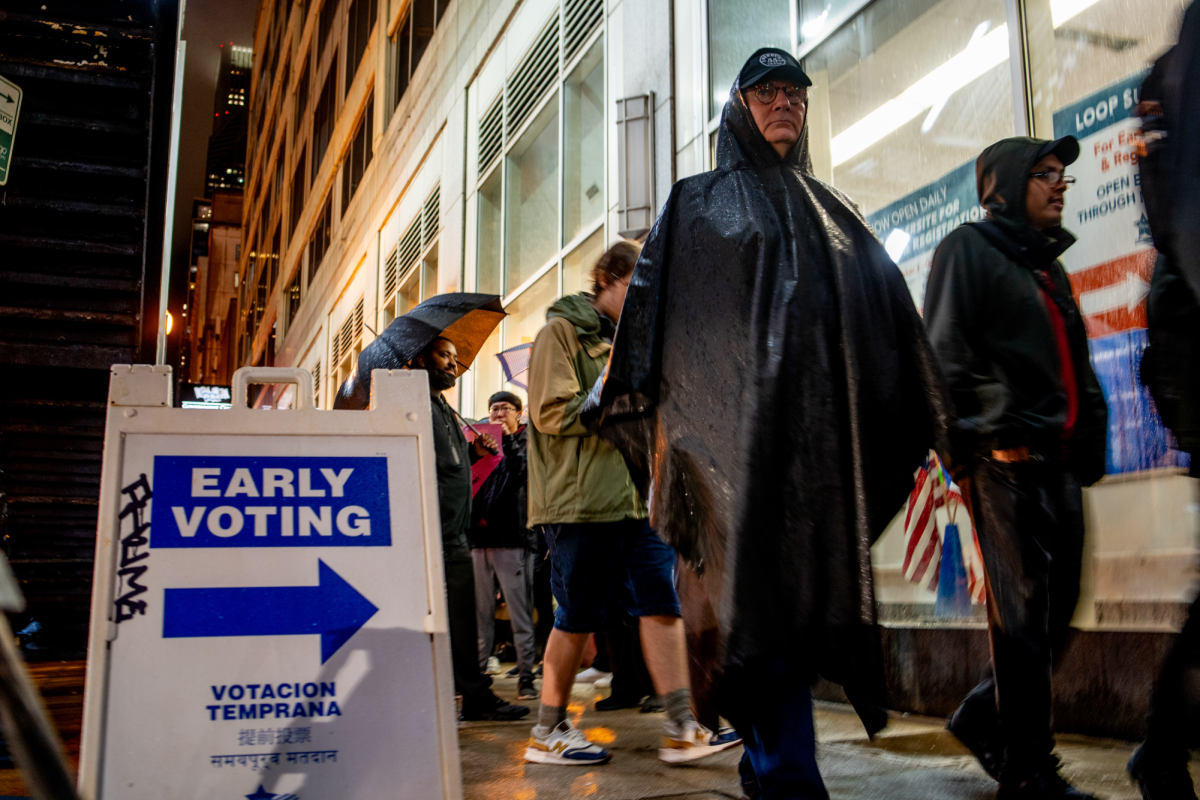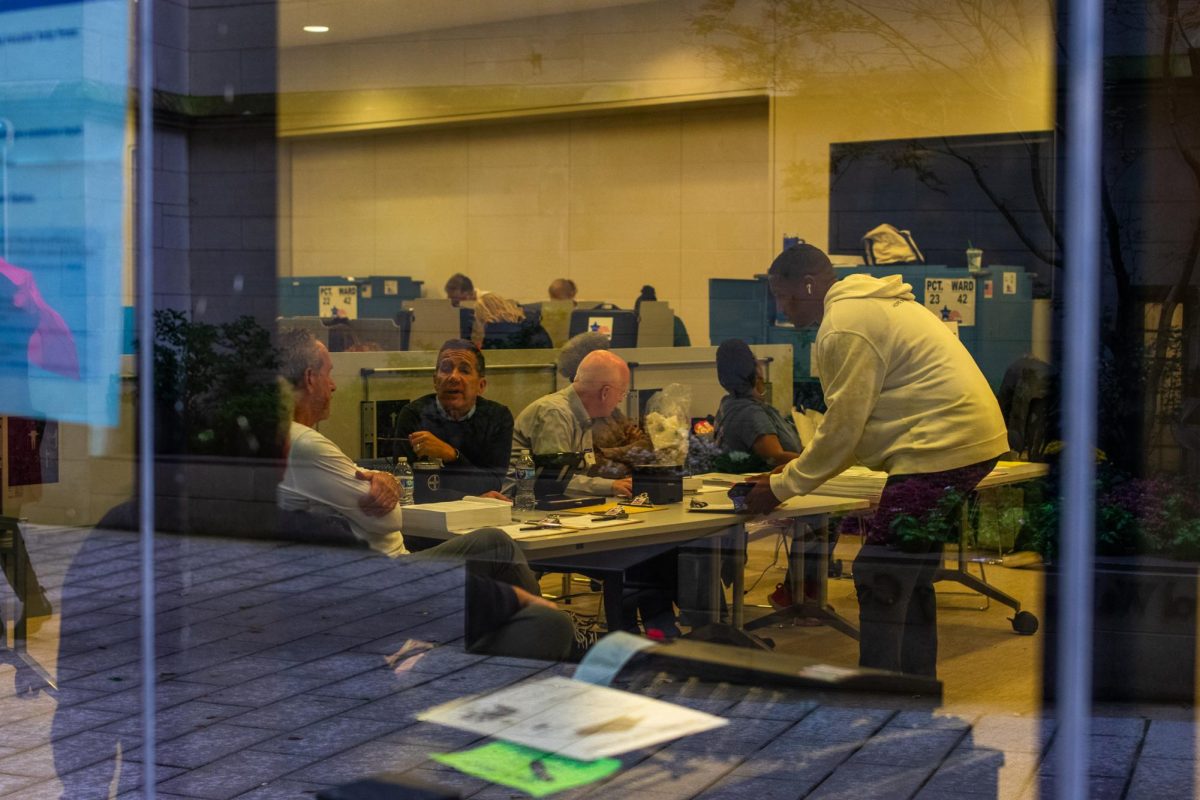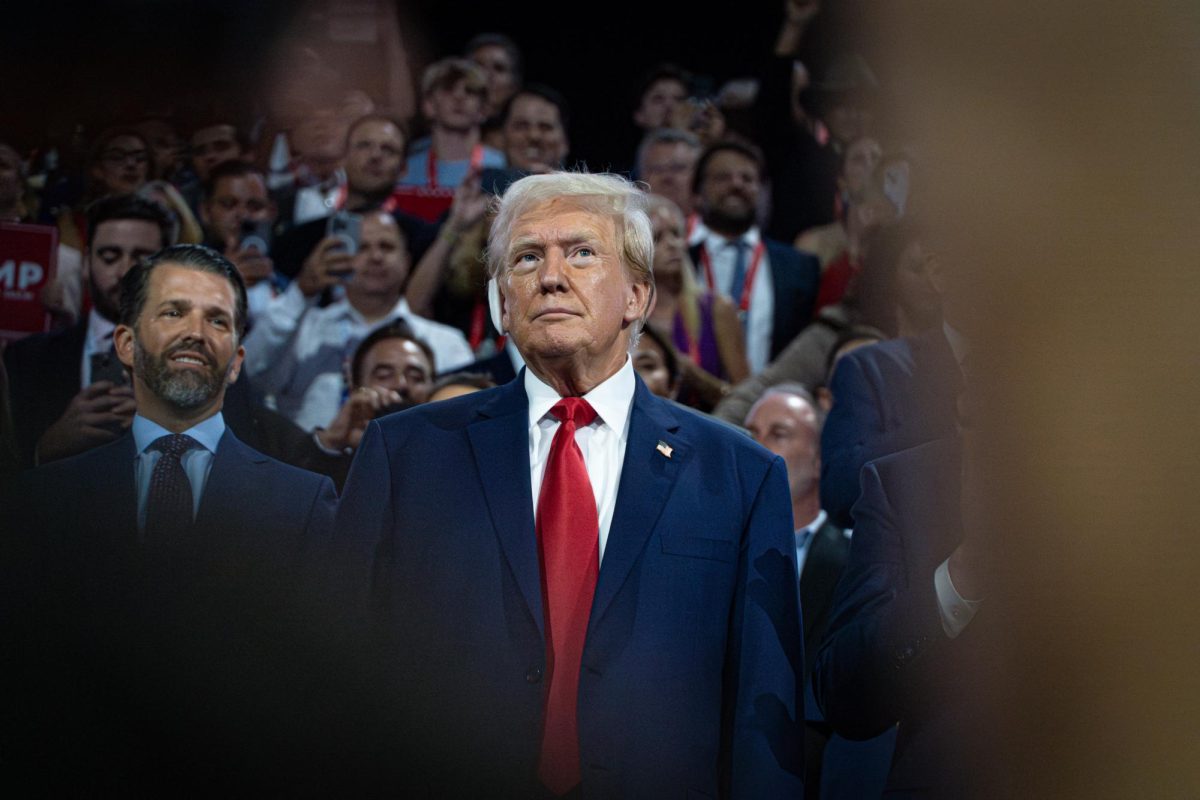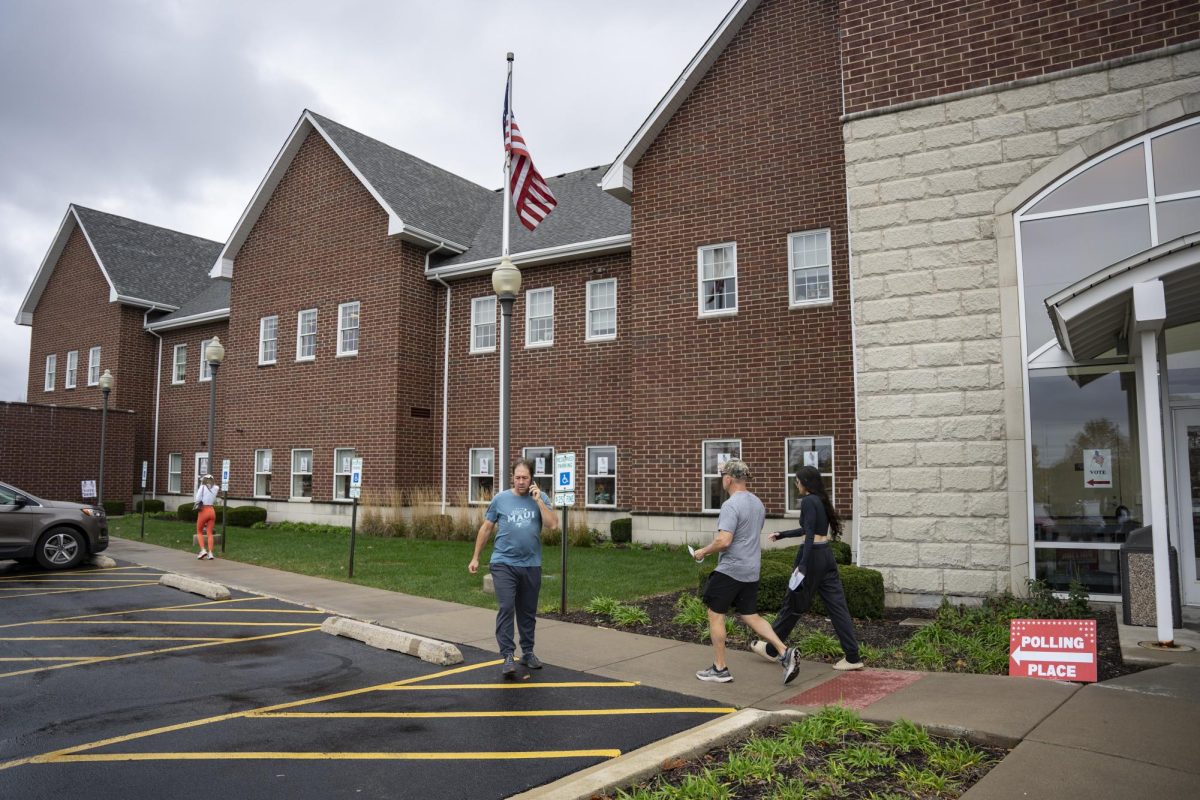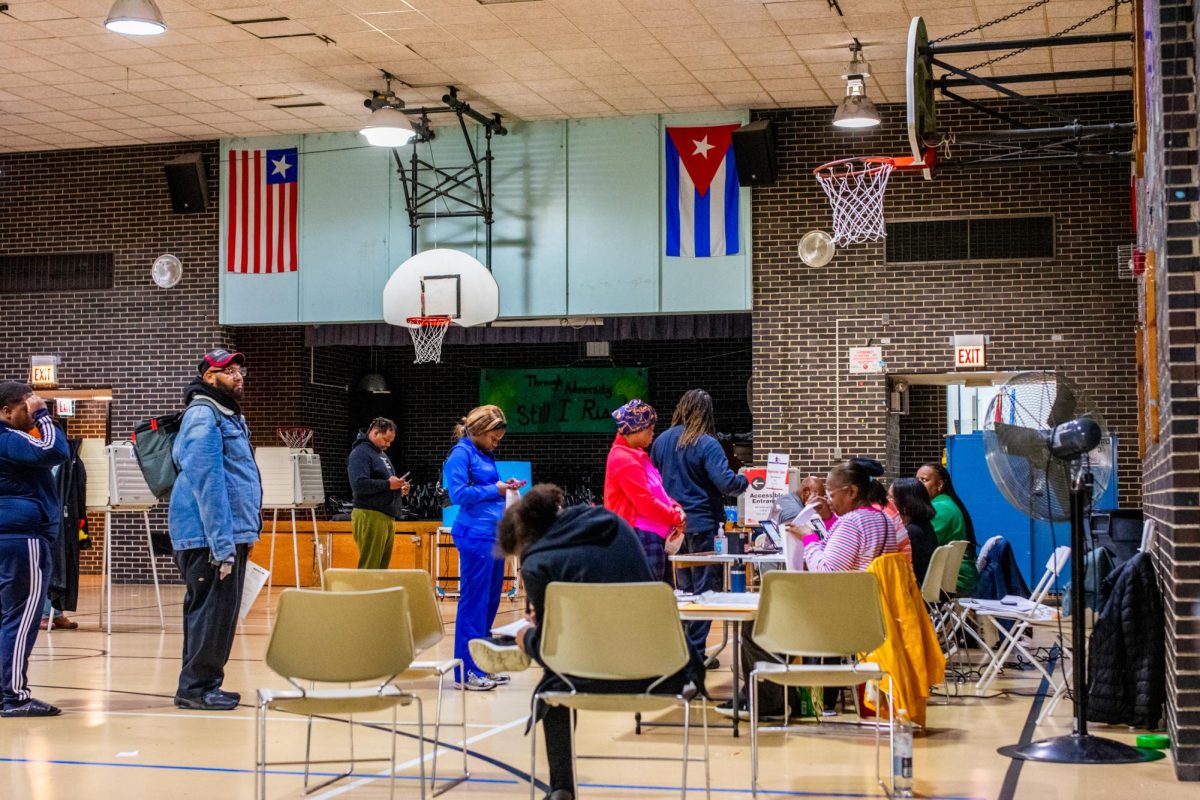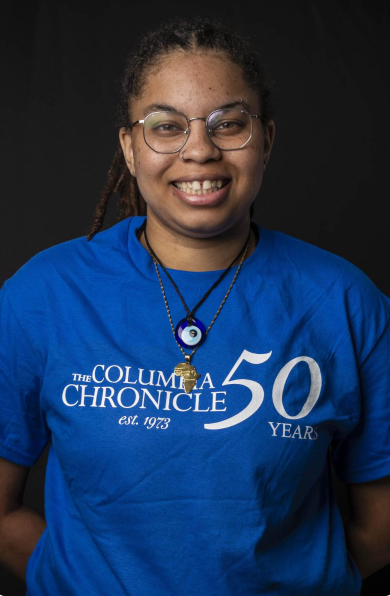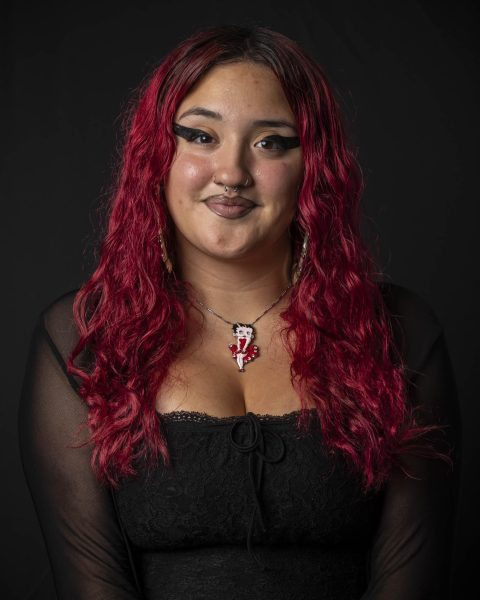Times of change, even those as imminent as an election season, can often leave people feeling discouraged, anxious and uncomfortable. However, uncertainty also brings opportunity to use our voices to help shape the future we would like to see.
The challenge for many young voters is that the change we want to see will not be quick and will not come as fast as our dopamine-chasing world has accustomed us to.
I voted in my first election in 2020. Casting my ballot in person, I was surrounded by my socially distanced neighbors who found a gathering place in the polls that COVID-19 had taken away for most of the year.
Everyone told me the election was the “most important election of your lifetime.” It’s something they say about every election, it seems, even dating back to 1805 when the Pennsylvanian newspaper, Philadelphia Aurora used the phrase about that year’s governor’s race. But something about living under a Donald Trump presidency in my adolescence made it all feel very real.
That year, 50% of young people, ages 18-29, voted in the 2020 presidential election, an 11-point increase from 2016 (39%) and one of the highest rates of youth electoral participation since the voting age was lowered to 18, according to Center for Information & Research On Civic Learning and Engagement.
Joe Biden won, and in my youthful naivety, I figured everything would be better forever.
Four years later, Generation Z, with 41 million more eligible voters, is once again crucial to deciding not only the national presidency between Vice President Kamala Harris and former President Donald Trump but also their local and state elections.
Four years later, I’ve learned that being civically engaged doesn’t end in voting. It starts there.
The Chronicle’s first printed issue of the school year comes at a transformative time in our nation’s history and also our college’s. We explore how young voters can feel informed and empowered to understand and be engaged with politics.
For college students, finding the time for civic engagement can be challenging amid busy schedules and academic pressures. Yet, understanding the importance of staying informed and involved in the democratic process is crucial, even when time is limited.
Within these pages, we’ve reported on how young voters can become a part of the electoral process by volunteering as election judges and engaging with election coverage through a critical lens.
We’ve written about the inaugural election of the Chicago Public School board following a contentious relationship between the board and Mayor Brandon Johnson.
We reported on the issues Gen Z voters care most about, how that differs from previous generations and how that influences young adult voting habits.
As a newsroom, we understand the importance of getting reputable and accessible news out to our community. After Nov. 5 we’ll still be here reporting on what happens next, how changes to local and national policy will affect our community and will continue to hold our politicians and campus leaders accountable.
As our peers gear up to go to the polls, we hope you can use the information you’ve learned here to make informed decisions on the ballot. But more importantly, be the change you’d like to see until our next election.
Copy edited by Manuel Nocera


